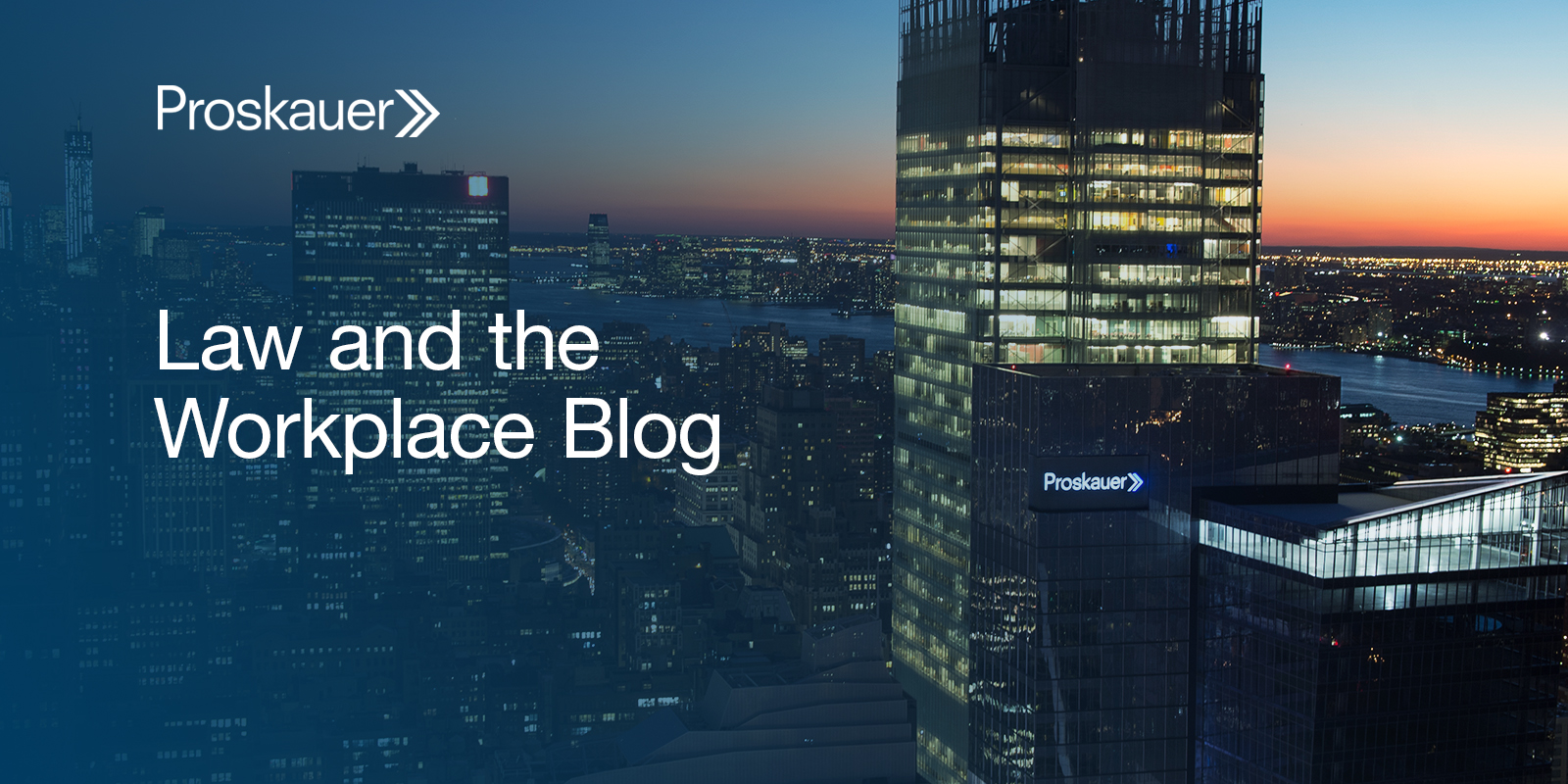NLRB General Counsel Issues Memo Updating Prosecutorial Priorities
On March 20, 2022, National Labor Relations Board (“NLRB” or the “Board”) General Counsel Jennifer Abruzzo issued a memorandum to all Regional Directors, Officers-in-Charge, and Resident Officers updating the cases they are required to send to the NLRB Division of Advice before processing further in order to “allow the Regional Advice Branch to reexamine these areas and counsel the General Counsel’s office on whether [a] change [in the law] is necessary to fulfill the Act’s mission.”
Shortly after her confirmation by the Senate, General Counsel Abruzzo issued Memorandum 21-04 in August 2021, found here, outlining her priorities and listing three broad categories of cases that were required to be submitted to the Division of Advice. We previously reported on the impact of GC 21-04 here. Now, over a year and a half later, General Counsel has decided to revise that list finding that “the majority of issues identified in [the August 2021 memo] no longer require submission to the Division of Advice.”
Specifically, in GC 23-04, General Counsel Abruzzo identified 46 issues on which the Division of Advice has already provided guidance, either in the form of Significant Advice Memoranda or inserts to be used in briefs to ALJs and/or the Board, thereby whittling the current list of mandatory submissions to 15 issues:
- Cases involving the applicability of the inherently concerted doctrine, set forth in Hoodview Vending Co., 359 NLRB 355 (2012);
- Cases involving applicability of Shamrock Foods Co., 369 NLRB No. 5 (2020) (distinguishing earlier Board Cases and finding the offer of significantly more backpay than is owed in return for a waiver of reinstatement lawful);
- Cases involving the applicability of United Nurses & Allied Professionals (Kent Hospital), 367 NLRB No. 94 (2019) (requiring that unions provide non-member objectors with verification that the financial information disclosed to them has been independently audited and that lobbying costs are not chargeable to such objectors);
- Cases involving the applicability of Johnson Controls, Inc., 368 NLRB No. 20 (2019) (among other things, overruling the “last in time” rule of Levitz Furniture Co. of the Pacific, 333 NLRB 717 (2001));
- Cases involving the applicability of Ridgewood Health Care Center, Inc., 367 NLRB No. 110 (2019) (finding that a successor employer that discriminates in refusing to hire a certain number of the predecessor’s workforce to avoid a successorship bargaining obligation does not necessarily forfeit the right to set employees’ initial terms);
- Cases involving the applicability of Pittsburgh Post-Gazette, 368 NLRB No. 41, slip op. at 3, n.5 (2019) (determining whether the post-contract status quo required increases to employer fund contributions);
- Cases involving the applicability of Brevard Achievement Center, Inc., 342 NLRB 982 (2004) (declining to extend coverage of the National Labor Relations Act (“NLRA”) to individuals with disabilities on grounds that these individuals, where working in a rehabilitative setting, are not employees);
- Cases involving the applicability of United States Postal Service, 371 NLRB No. 7 (2021) (refusing to find a pre-disciplinary interview right to information, including the questions to be asked in the interview);
- Cases involving the applicability of ABM Onsite Services-West (2018) (deferring to a National Mediation Board advisory decision in which NMB found Railway Labor Act jurisdiction under traditional six-factor carrier control test and overruled NMB cases requiring carrier control over personnel decisions);
- Cases involving a refusal to furnish information related to a relocation or other decision subject to Dubuque Packing (see former Chairman Liebman’s dissent in Embarq Corp., 356 NLRB No. 125 (2011) and OM-11-58);
- Cases involving the applicability of Shaw’s Supermarkets, Inc., 350 NLRB 585 (2007) (to determine whether this case’s permission of mid-term withdrawals of recognition occurring after the third year of a contract of longer duration should be overruled);
- Cases involving the applicability of Wal-Mart Stores, 368 NLRB No. 24 (2019) (broadly defining an intermittent strike);
- Cases involving the applicability of Service Electric Co., 281 NLRB 633 (1986) (allowing an employer to unilaterally set terms and conditions of employment for replacements even where those terms are superior to those that had been paid to striking unit employees);
- Cases involving the applicability of Ex-Cell-O Corp, 185 NLRB 107 (1970) (declining to provide a make whole compensatory remedy for failures to bargain); and
- Cases involving the applicability of Cordua Restaurants, Inc., 368 NLRB No. 43 (2019) (Board finding, among other things, that an employer does not violate the National Labor Relations Act by promulgating a mandatory arbitration agreement in response to employees engaging in collective action).
In addition to the above list, the General Counsel’s memo also states that the Regions will continue to be required to submit cases involving electronic surveillance and algorithmic management that interferes with employee rights under Section 7 of the NLRA, a noteworthy development we addressed in November of 2022, found here.
Key Takeaways
General Counsel Abruzzo touts significant progress towards her goal of overturning many of the key Trump-era Board decisions. This memorandum is consistent with the General Counsel’s stated goals of aggressively seeking to expand employees’ rights while severely limiting options previously available to employers. Employers should consult skilled labor counsel to discuss the updated guidance and the issues presented by the General Counsel’s memo.
Developments at the NLRB are likely to continue, we will monitor developments in this area and provide updates when relevant.






